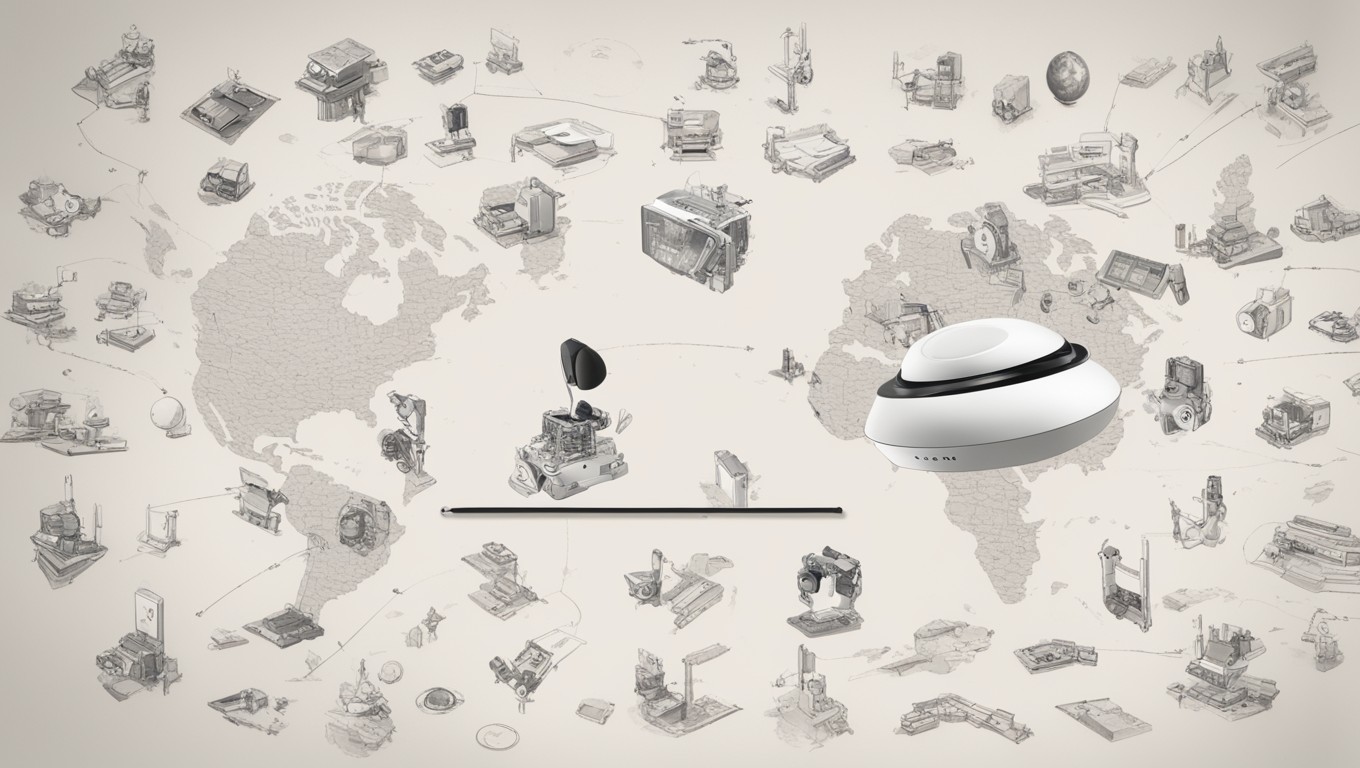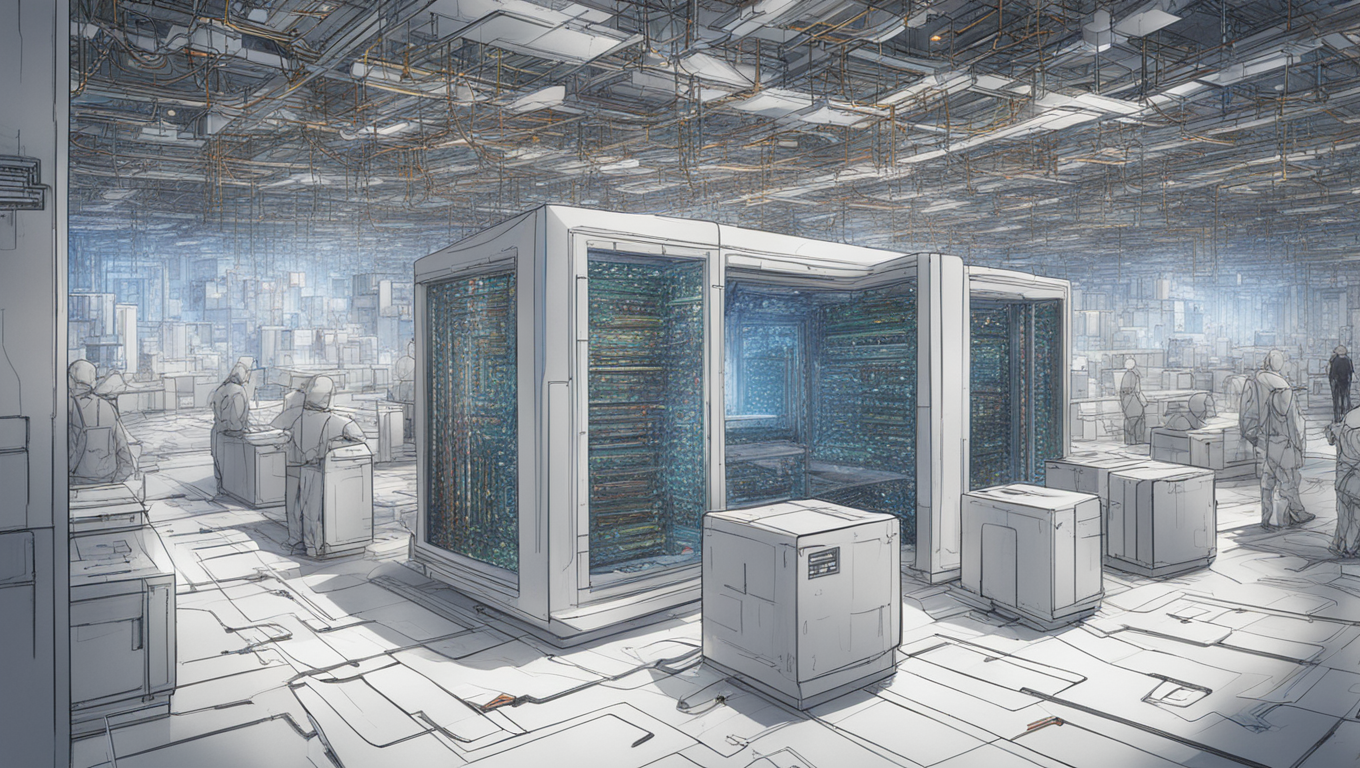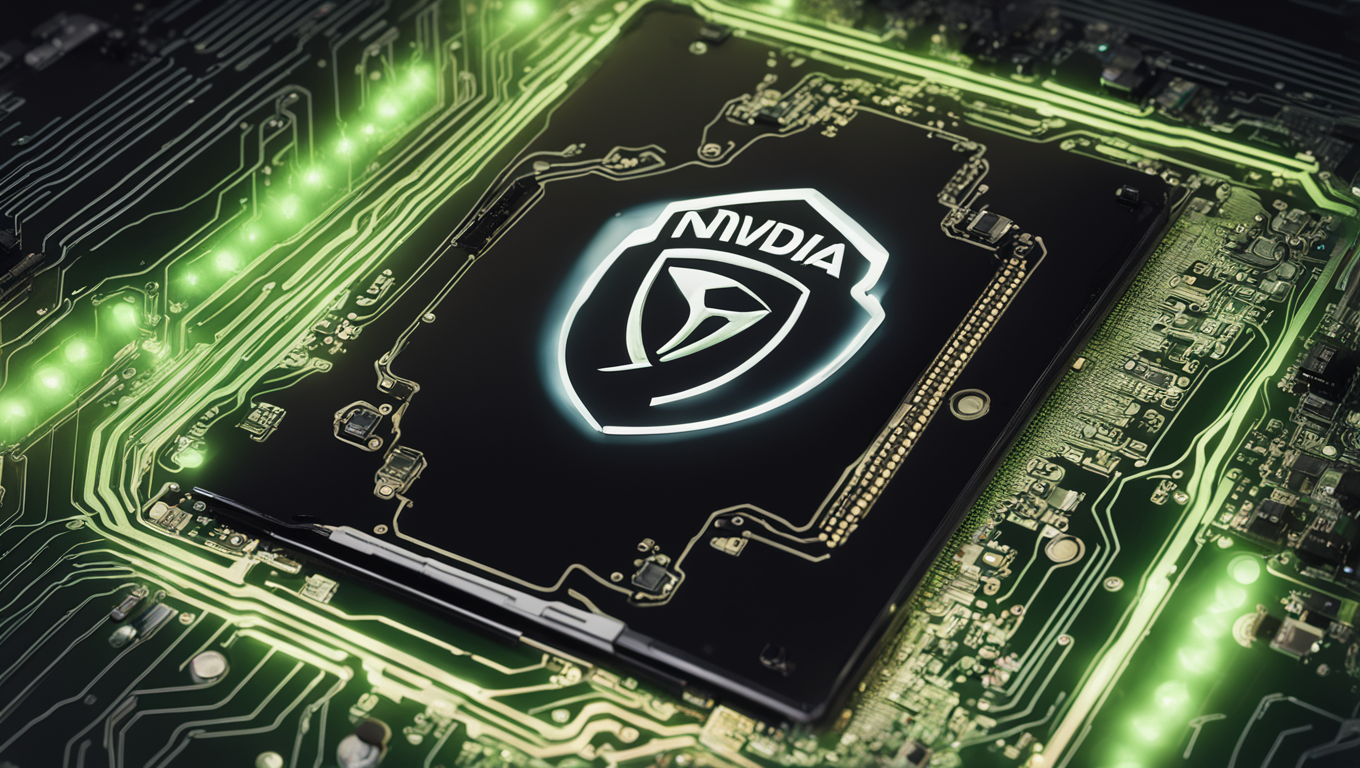Tech companies operating in Israel are bracing themselves for potential disruptions as the conflict between Israel and Hamas deepens. The Israeli military has shifted to a war footing, raising the possibility of a full-scale invasion of the Gaza Strip. This has prompted concerns among investors and analysts about the impact on Israel’s high-tech sector, which has been the fastest-growing in the country for the past few decades.
The high-tech industry in Israel is crucial for economic growth, accounting for 14% of jobs and almost a fifth of the country’s gross domestic product (GDP). However, the recent escalation of violence has caused Israeli stock and bond prices to slide, with airlines suspending flights to and from the country. In response, Israel has carried out air strikes on Hamas targets in Gaza, resulting in numerous casualties.
Jack Ablin, Chief Investment Officer at Cresset Wealth Advisors, called the situation a “huge disruption to business as usual.” He noted that resources could be diverted, with tech company staff potentially being called up as military reservists. Israel has already announced plans to call up an unprecedented 300,000 reservists, which could include individuals working for US-based tech operations.
Despite the challenges, some tech firms remain committed to serving their customers during the conflict. Noam Schwartz, founder and CEO of ActiveFence, a tech company specializing in online threats, stated that his company will continue operations, even as he expects to return to Israel for military duty. “We have enough people worldwide to make sure everyone is in check,” Schwartz added.
In light of the situation, there will likely be a significant effort to protect physical installations and facilities. Some technology spending in Israel is directly tied to the military, making it crucial to guard against potential attacks. US tech shares, including those of companies with large operations in Israel, experienced declines. Intel, Israel’s largest private employer and exporter, expressed concerns about the situation but did not disclose any impact on chip production.
Notably, Nvidia, the world’s largest maker of chips used for artificial intelligence and computer graphics, canceled an AI summit in Tel Aviv, where its CEO was scheduled to speak. Israel-based Tower Semiconductor, a provider of analog and mixed-signal semiconductors, reported that it was operating as usual, although its New York-listed shares fell.
Several tech giants, including Meta Platforms, Alphabet, Apple, and Microsoft, either declined to comment or did not respond to requests for comment regarding the situation. This uncertainty in the tech sector comes at a time when Israel’s industry was already facing a slowdown, partly due to internal political conflict and protests.
Israel’s tech sector has a long history, with Intel establishing a presence in the country in 1974. However, it was in the 1990s that the start-up scene in Israel truly took off, earning a reputation as the world’s second-largest tech center outside of Silicon Valley. Today, there are 500 multinationals operating in Israel, primarily research and development centers that have acquired Israeli start-ups.
Looking to the future, there may be increased investment in Israel’s tech and AI sector due to its close ties to military spending. The country has been a leader in these areas, and Defense spending in the wake of the conflict could lead to further investment. Ultimately, the tech industry in Israel remains resilient, with the potential to bounce back and continue its growth trajectory once the current conflict subsides.





Use the share button below if you liked it.